If you’re less than an expert and not really on top of the latest photo technology, then taking pictures of your villa holiday can feel like a chore.
It’s especially intimidating when your social feeds are filled with the fabulous photos of your friends’ holiday travel, when you’re lucky to find even one passable picture of the Provence villa where you spent a fortnight.
Fortunately, you don’t have to be an expert or even armed with hundreds of pounds worth of fancy gear to take great pictures.
Here are some travel photography tips on how you can get great photos of your villa holiday, that your family will appreciate and you’ll be proud to share.
Really Know How to Use Your Camera
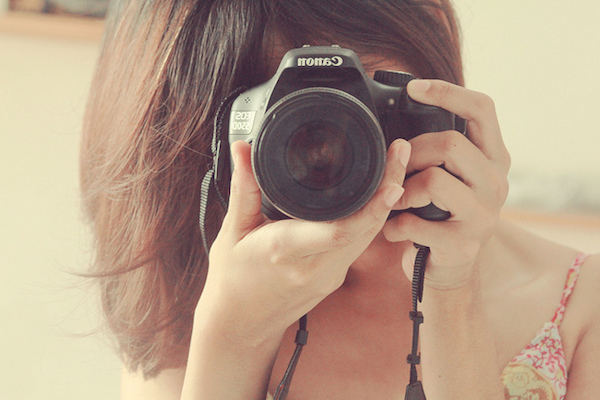
Yes, this might seem too obvious to be a useful tip. But, if you aren’t comfortable using your camera, you won’t be able to capture those fleeting moments that make your holiday special.
Whether you’re using a basic point-and-shoot or a sophisticated DSLR:
- Read your manual or look up some online video tutorials
- Understand your camera’s modes, settings and capabilities
- Practice a lot before you leave home.
Don’t Overlook the Camera on Your Smartphone

Today’s devices have really sophisticated cameras and they have the advantage of being always on hand and at the ready.
Learn your control screen shortcuts, so you can snap a photo or video at a moment’s notice. There are lots of tools to edit a less-than-perfect photo, but you can’t edit what you don’t shoot.
Be Prepared to Take Thousands of Photos
Photographers for National Geographic take between 20,000 and 60,000 photos on a single assignment as per DigitalPhotographySchool.com, and of all those, perhaps a dozen will be suitable for publication. You probably don’t need to shoot quite that many. However, if you expect to capture some amazing shots, you’ll need to take a lot more photos than you’re accustomed to taking.
Plan to take 30, 40, or even 50 shots of each composition from different angles and perspectives. Also, experiment in different lighting conditions. Don’t worry about taking too many, it’s not like you’re wasting film! Invest in some memory cards for your camera and phone. If you don’t want to fiddle with swapping out storage, explore cloud storage options and upload your digital photos periodically.
Don’t let a lack of memory prevent you from taking an unforgettable holiday shot.
Take Some Establishing Shots to Introduce Your Location
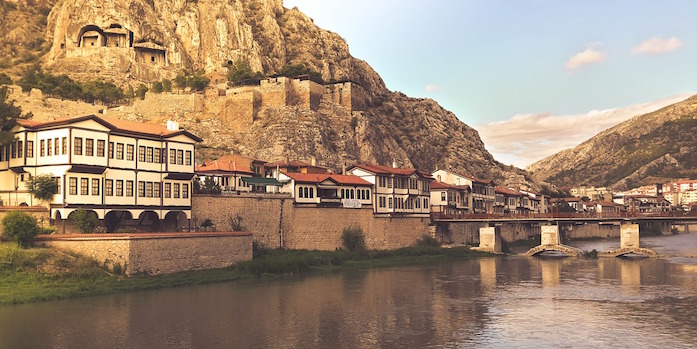 In filmmaking, an “establishing shot” is the opening visual that establishes the setting. It gives viewers a sense of where they are. For holiday photos, establishing shots are a great way to show background and context for your pictures. By starting with some photos of the village plaza or a panoramic view from a rooftop patio or hill, you’ll be able to capture the essence of your intimate lunch at the quaint trattoria near your villa in Tuscany.
In filmmaking, an “establishing shot” is the opening visual that establishes the setting. It gives viewers a sense of where they are. For holiday photos, establishing shots are a great way to show background and context for your pictures. By starting with some photos of the village plaza or a panoramic view from a rooftop patio or hill, you’ll be able to capture the essence of your intimate lunch at the quaint trattoria near your villa in Tuscany.
Travel photographers like Tom Parker, make a point of asking locals what they consider to be the centre of village life or what they like most about their town. These areas then become the first places to be photographed. Establishing shots help tell the story of your villa holiday and provide a framework for organising your photo collections once you get home.
Put People in Your Pictures
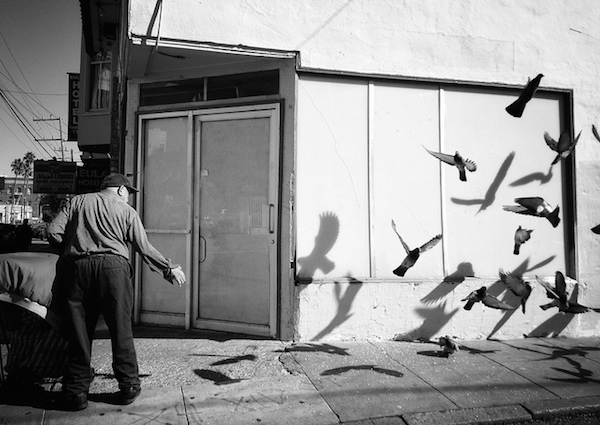 Although there’s value in simple architectural or landscape shots, most photos are just more interesting with people in them. Besides, your friends want to live vicariously through your travel photos. By putting people in your pictures others can imagine themselves on holiday with you more easily.
Although there’s value in simple architectural or landscape shots, most photos are just more interesting with people in them. Besides, your friends want to live vicariously through your travel photos. By putting people in your pictures others can imagine themselves on holiday with you more easily.
People also add a sense of scale that might otherwise be missed.
Your magnificent castle in France takes on a whole new dimension when a small child is framed in a window, or pictured climbing the steep stone steps to a door. If you’re taking a dog-friendly villa holiday, be sure to put Fido in at least some of your pictures. Experiment with photo bursts to capture a few action shots of your pet. Don’t, however, make the mistake of only filling your holiday photo book with snaps of you, your partner, and your kids. Some of the most fascinating and memorable photos are candid shots of the weathered gardener pruning his grapevines or the tanned fisherman casting his net.
Experiment With Shadow and Light
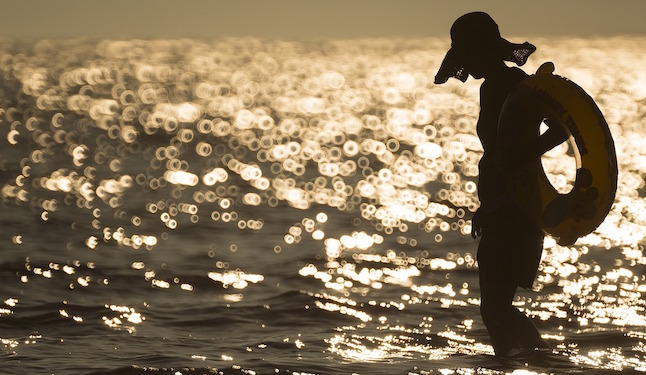 Consider how different the same structure appears when it’s photographed in the full mid-day sun and at dusk bathed in shadow. It may take on a new colour and its textures might become more pronounced.
Consider how different the same structure appears when it’s photographed in the full mid-day sun and at dusk bathed in shadow. It may take on a new colour and its textures might become more pronounced.
Viewed in silhouette at sunset, it could appear romantic or even wistful.
Capture all the personality of your Spanish villa by photographing it at several different times of the day. Photograph it early in the morning while sipping your tea on the terrace, in the afternoon from the garden before you take your siesta, and at sunset with views of your friends sharing a bottle of Garnacha. Take shots with the sun behind you and then shoot a few into the sun. Sun flares can be incredibly beautiful so don’t be afraid to experiment.
You can always delete what you don’t like.
A word about automatic flash: Most amateur photographers using today’s high-tech cameras really don’t need it. So know how to turn this feature off. Even smartphone cameras have exceptional low-light capabilities. Unless you’re a few grades above beginner-level, it’s usually better to work with available light and use editing products later on.
Try a Different Perspective
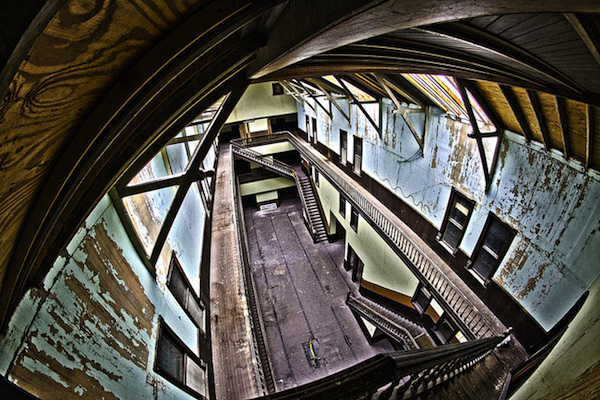 Holiday photographers can get stuck in a rut. They tend to point and shoot, standing upright and looking straight at the people and places they’re photographing. Don’t just stand there do as Digital Photography School suggest move your feet!
Holiday photographers can get stuck in a rut. They tend to point and shoot, standing upright and looking straight at the people and places they’re photographing. Don’t just stand there do as Digital Photography School suggest move your feet!
Mix things up and try taking your photos with a new perspective:
• Lie on the ground and shoot looking up at a building, tree, person or pet. A bug’s view, if you like.
• Climb to the top of a building or cliff and shoot looking down with a bird’s eye view.
• Get eye-level with a water feature and shoot across it to capture the reflection of a structure or landscape element.
• Get up close to your subject, as close as you comfortably can. Robert Capa, the famous photo journalist, always said “If your pictures aren’t good enough, you’re not close enough.”
Sometimes the most interesting photos are the unexpected.
Practice Good Composition and Observe the Rule of Thirds
Most cameras have gridlines superimposed over the viewfinder. The gridlines separate the visual field into three vertical columns and three horizontal rows, creating equal sections. You can even add gridlines to most smartphone cameras to help you arrange your composition.
These gridlines are the foundation of the rule of thirds.
For the most pleasing and balanced compositions, you should position the primary subject or points of interest at the intersection of any two lines on the grid.
You can fine-tune your compositions by remembering these additional tips:
• Try to avoid putting the focal point of the photo in the centre square of the grid. Instead, move it up or down a third. If you’re photographing a face, align the dominant eye with one of the upper points on the grid. You can also use a camera strap as a stabilizer when a tripod is not feasible. If you don’t own one yet, check this link right here now to find high-quality camera straps and other camera accessories.
• Line up focal points along a diagonal, either top to bottom or bottom to top. You can achieve a professional looking composition of your toddler collecting shells by positioning her in the lower right third, the sailboat in the middle third, and the sun in the upper left section.
• Patterns are aesthetically appealing, like a row of shuttered windows, a line of beach umbrellas, or a maze of cultivated hedges shot from above. Try to use this to your advantage.
• Try to eliminate distracting elements, as Russ Burden describes in photography life. Your partner feeding pigeons in the plaza will look a lot better without an overflowing bin in the corner of the picture.
Up Your Villa Holiday Photo Game with Editing Software, Apps and Artsy Filters
You can find hundreds of free and low-cost tools to enhance your villa holiday photos.
If you have babies and young children in your group, for example, try an app like LookBirdy. It makes a bird noise to get your tiny subjects to look at the camera.
Apps like SmugMug’s Camera Awesome or VSCO make it easy to create stunning silhouettes and romantic vignettes post processing and editing. Read online reviews and select a few, then go out and experiment.
A few words of advice from Cole Rise, the Instagram sensation, and creator of Litely, the filter app:
• Balance your photos by brightening up shadows and toning down highlights.
• Use vignettes to sharpen and emphasise your points of interest, without making your photo feel edited.
• Once you’ve edited and adjusted your villa holiday photos using your software and apps, go back and reduce everything by 50%.
Rise says too many budding photographers ruin the integrity of their pictures by over editing them, so dial things back by half.
Give the Camera to Someone Else Occasionally
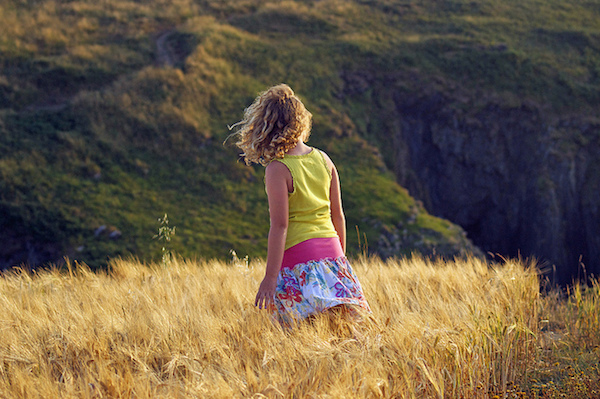
Don’t be that person who’s always behind the camera and never in front.
Villa holidays are meant to be remembered and enjoyed long after you’ve returned home, so be sure there are pictures of you making the most of your travels.
Special Advice from Oliver’s Travels Photographer Laetitia Jourdan
Remember to Put the Camera Down
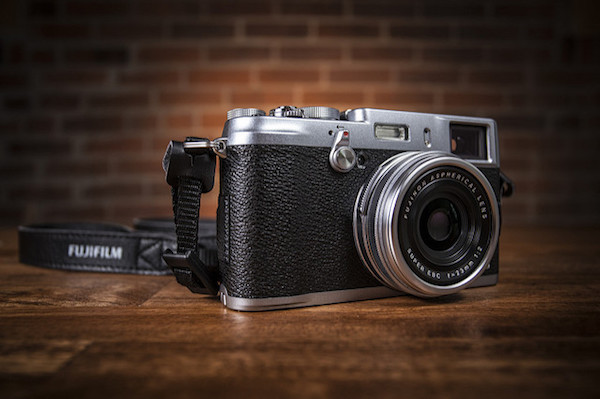
Not everything needs to be photographed.
Sometimes, it’s OK to put your camera down and just soak up the atmosphere and enjoy being where you are. Take in what you see, savour what you are doing and leave the camera in its case for a while.
When you have taken the time to experience the place, you will enjoy photographing it a lot more and know what it is that you want to capture. Don’t just press the shutter; look at what is around you, observe, then press.
Take Photos of What You Eat
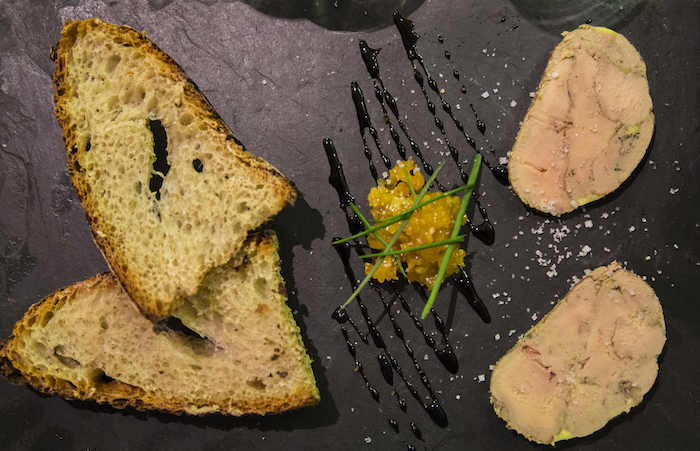
The fois gras in France, the tapas in Spain, the wine in Italy…
We never eat as much at home as we do on holiday! Take shots of your own plate. Move your phone and purse out of the way and anything else that does not belong on the table, add a glass of wine or a coffee in the composition.
Take it from above, the side, or add your family and friends’ plates. See what works best. Stand on the chair if you have to! From above, the colours are completely different.
Try different tables, doors and backgrounds.
It’s all about colour and contrast. Dark wood usually works amazingly well for showing off bright colours. Try holding a glass of red wine in front of a door or the sea or the pool. Some colours might match perfectly and some might just clash.
See what you think looks right.
You are not taking photos to impress your friends, but to have some amazing memories. That picture of the oysters and lemon that you tried for the first time will remind you of what you tasted and how you felt.
Have you taken some outstanding holiday photos? Do you have a favourite piece of equipment or editing app? Share your comments below.



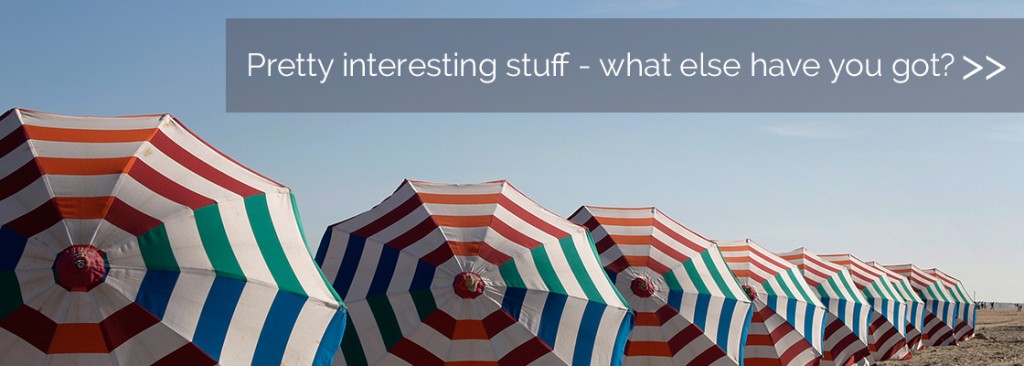
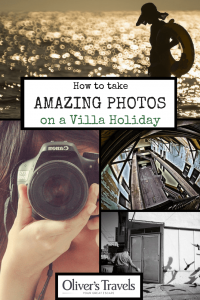

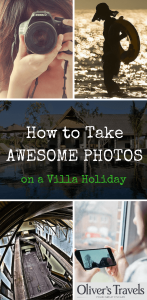
Insightful tips. Hope to use them while on my Wildlife photography.
Great information and tips on capturing amazing images. Thank you.
Very useful content while doing outdoor photography. Thank you.
Great post with useful information. Thank you for sharing.